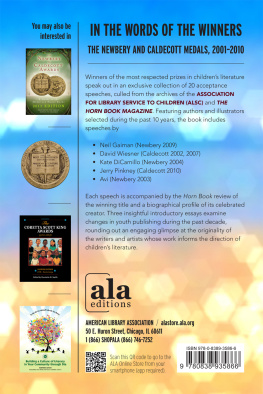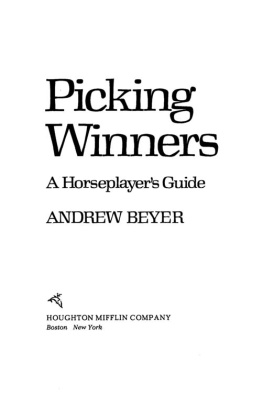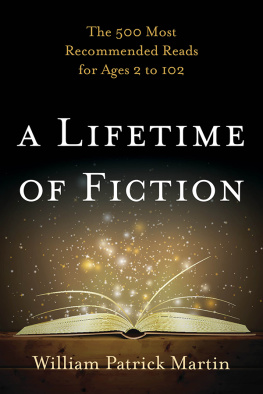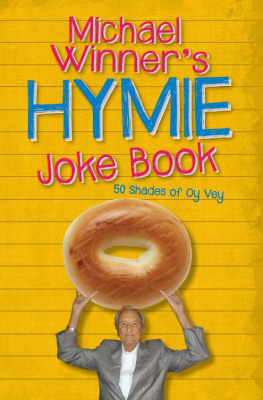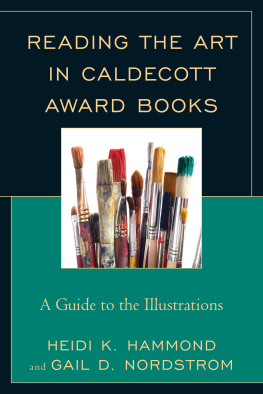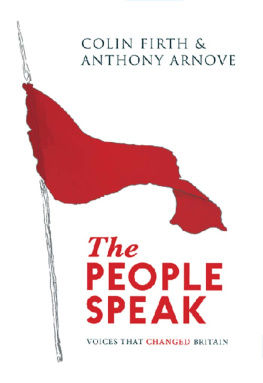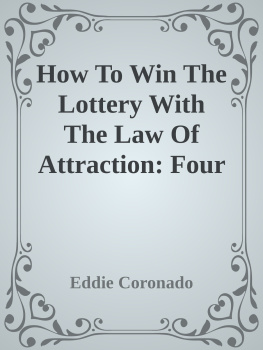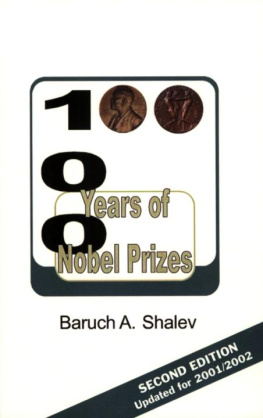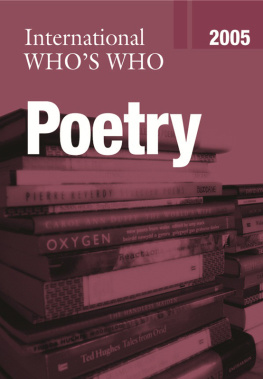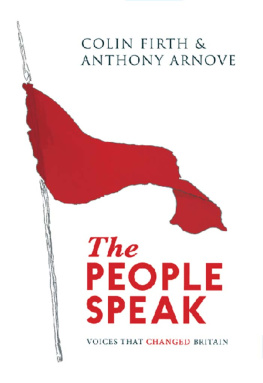I AM THRILLED to introduce In the Words of the Winners: The Newbery and Caldecott Medals, 20012010, compiled in collaboration with The Horn Book, Inc. This publication is a companion book to The Newbery and Caldecott Medal Books, 19862000: A Comprehensive Guide to the Winners, published by ALA Editions in 2001.
The Association for Library Service to Children (ALSC), which administers the prestigious Newbery and Caldecott awards, and The Horn Book, Inc., which publishes children's book reviews and biographical essays about award winners, are pleased to team up once again to provide this unparalleled resource that is sure to interest librarians, educators, parents, and bibliophiles.
Award acceptance speeches by and biographical essays about each award-winning author and illustrator provide valuable and useful insight into the creative process of each work and the individual behind the pen or brush. The Horn Book Magazine reviews provide a glimpse of the outstanding qualities and subtle nuances that make each title medal-worthy. Essays penned by recognized authorities in the field of children's literature reflect back on the decade of winning bookshow they stand individually and how they compare and contrast with their counterpartsand on changes in children's book publishing, children's reading, and the ways we discuss literature and awards in this new century.
Nina Lindsay is the children's services coordinator for the Oakland Public Library, California. She served on the 1998 and 2004 Newbery and 2001 Sibert Award committees, and chaired the 2002 Sibert and 2008 Newbery committees. She coauthors Heavy Medal: A Mock Newbery Blog at the School Library Journal website, and has reviewed for Kirkus, The Horn Book Magazine, School Library Journal, and Bayviews. In her essay, Nina takes on the controversy and debate that are part of the Newbery standard and further evidence that the Newbery is the best-known and most discussed children's book award in this country.
Joanna Rudge Long, a regular contributor to The Horn Book Magazine, is a former editor and principal reviewer of young people's books for Kirkus Reviews. She has been a frequent core lecturer at Children's Literature New England and has taught children's literature at Rutgers and Trenton State universities. As a librarian, she served on numerous award committees, including the Newbery (1995) and Caldecott (1986) committees; in 2000 she chaired the Boston GlobeHorn Book Award committee. Her essay here skillfully explores the varied art techniques employed in each Caldecott Medalwinning book.
Roger Sutton has been the editor in chief of The Horn Book, Inc., since 1996. He began his career as a children's and young adult librarian in the public library setting. He has served on the Newbery and Caldecott committees and chaired the 2007 Wilder Award committee. With Martha V. Parravano, he is the author of A Family of Readers: The Book Lover's Guide to Children's and Young Adult Literature (Candlewick). Roger has written a contemplative piece that looks at publishing trends of the past decade and how they have affected the number of children's books eligible for award consideration.
ALSC would like to acknowledge and thank Roger Sutton and The Horn Book, Inc., for their willingness to continue this collaborative publication with us. We thank the essayists for their outstanding contributions. We also thank Laura Schulte-Cooper, ALSC communications program officer, for shepherding this project to publication, and Michael Jeffers, publisher of ALA Editions, and his staff, for continuing to recognize the value of this publication as a major contribution to the field of children's literature.
And thank you, reader, for your interest. We hope you will find this to be an exceptional volume. Ideas and suggestions for improving the work in future editions are always welcome.
Aimee Strittmatter
Executive Director, Association for Library Service to Children
American Library Association
Roger Sutton
I N 2008, ANITA Silvey's School Library Journal article Has the Newbery Lost Its Way? caused much discussion among medal-watchers. Stemming from interviews with more than one hundred anonymous librarians, teachers, and booksellers, the article claimed that most Newbery winners since 1999 lacked the wide appeal of previous medalists such as A Wrinkle in Time or, more recently, Holes. While debate thrived over whether this was so, why this was so, and if it mattered, what was missing was much consideration of the fact that the landscape of children's book publishingand children's readinghad changed in ways that would directly impact the pool of potential prizewinners for both of this country's most prestigious prizes for children's literature. Publishing, economic, and population trends of the first decade of the twenty-first century presented a challenge to the Newbery and Caldecott awards: what should be done when books eligible for these prizes become an increasingly smaller slice of what gets published?
While there has long been tension between the retail and school-and-library markets and between what is popular and what wins awards, the landscape of publishing in the period 20012010 is a very different place from what it was just ten years ago.
Let's talk about Harry Potter, whose first adventure, Harry Potter and the Sorcerer's Stone, was published in this country in the fall of 1998. Over the next decade, J. K. Rowling's series about the boy wizard firmly put to rest several myths about children and books, most notably the notions that children would not willingly read long books and that they and their parents would not buy hardcover fiction. Billions of dollars later, we now know that these received theories are not true. We also know that Harry Potter set off a spree of fantasy book publishing, much of it imported from the United Kingdom (and not always possessed of the same magic evinced by Harry and his wizard pals). Books from England acquired a cachet not seen here since the success of such fantasists as Joan Aiken, Penelope Lively, and Neil Garner during the 1960s and '70s, and then on a smaller scale. However good this trend may be for Anglophilic fantasy fans, it's not so good for the Newbery Medal, as these books born abroad are not eligible for consideration even while they take up space on American publishers' lists.

